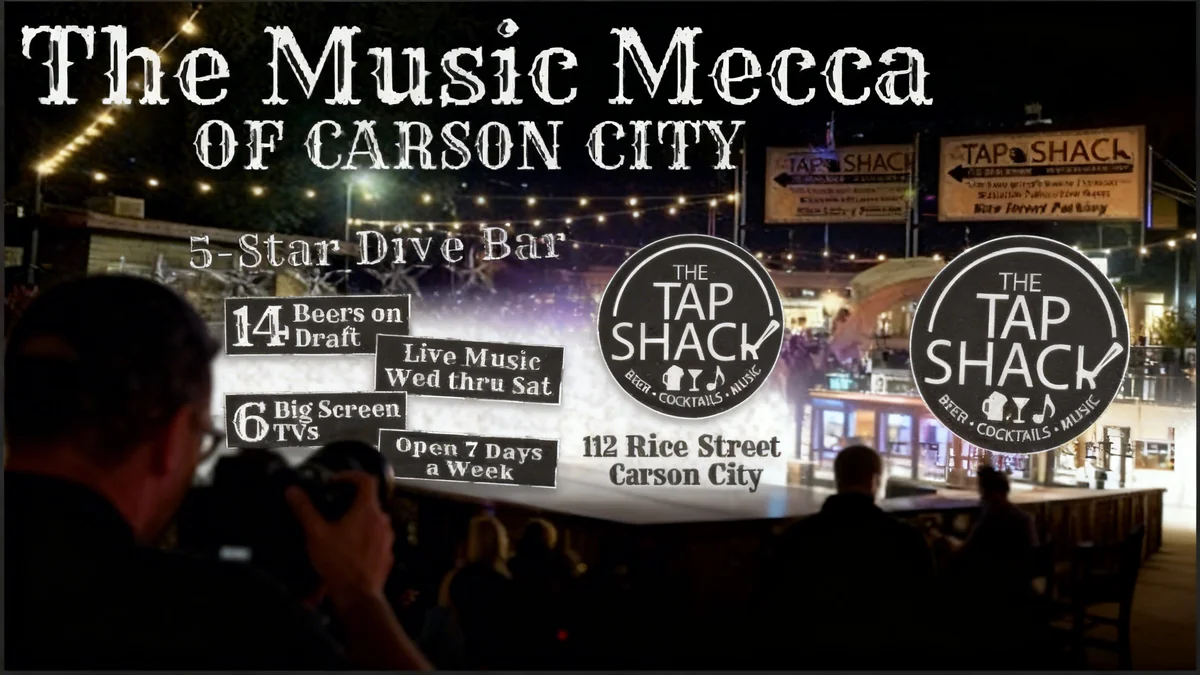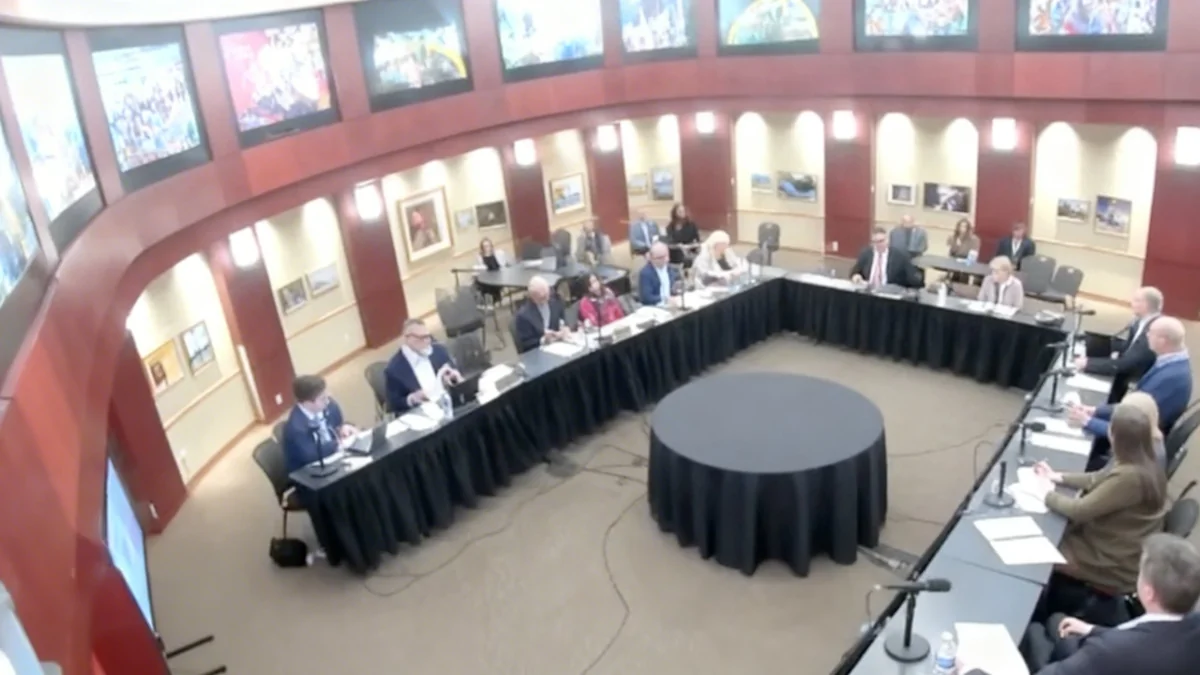Louisiana State University is requiring members of its presidential search committee to sign non-disclosure agreements that bind them to secrecy indefinitely, a move that has drawn criticism from transparency advocates. The agreements prohibit members from ever discussing the committee's deliberations or releasing related documents, raising questions about public access and First Amendment rights within a process governed by state open meetings laws.
Key Takeaways
- Members of the LSU presidential search committee must sign a perpetual non-disclosure agreement (NDA).
- The NDA prohibits discussing deliberations or releasing documents, directing all inquiries to the LSU Board Chairman or a consulting firm.
- Good government groups and First Amendment experts have raised concerns about the lack of transparency and potential legal issues.
- LSU maintains the NDAs are necessary to protect the identities of potential candidates who have not formally applied.
- The University of Louisiana System, in contrast, does not use NDAs for its presidential searches.
A Mandate of Secrecy
The committee tasked with selecting the next president for Louisiana State University is operating under a strict and perpetual gag order. Members have been asked to sign non-disclosure agreements (NDAs) that prevent them from ever speaking about the search process, a requirement that has sparked debate over public transparency.
As a public body, the search committee is subject to Louisiana's open meetings and public records laws. These laws generally require that government deliberations occur in a public setting and that related documents be accessible upon request. The NDA, however, appears to create a direct conflict with these principles.
The agreement explicitly forbids members from discussing committee deliberations or releasing any documents associated with the search. Instead, they must refer all questions from the media or the public to either LSU Board Chairman Scott Ballard or SSA Consultants, the firm hired to manage the search.
Perpetual Silence
The terms of the NDA are not temporary. Committee members are bound to secrecy "in perpetuity," meaning they can never legally discuss what occurred during the search, even long after a new president is hired. They are also required to return or destroy all search-related documents once the process is complete.
Concerns Over Transparency and Public Trust
The use of such a restrictive legal document for a public body has drawn criticism from good government advocates. Steven Procopio, president of the Public Affairs Research Council of Louisiana, emphasized the importance of openness in the selection process for one of the state's most critical public roles.
"The LSU presidency is one of Louisiana’s most important public positions, and its selection should reflect that public trust," Procopio stated. "Transparency in the search process would build confidence that more than one candidate was seriously considered."
The current process, managed by SSA Consultants, involves vetting individuals who have "expressed interest" in the position. The consulting firm will then present a list of qualified individuals to the search committee. Only when the committee invites a select few to formally apply will their names become public record.
According to Christel Slaughter, CEO of SSA Consultants, approximately 30 people have expressed interest in the job. Of those, 20 were deemed to meet the qualifications, with a smaller group of five to nine considered highly qualified.
Legal and Constitutional Questions Arise
The legality and enforceability of forcing members of a public body to sign NDAs have been called into question. Scott Sternberg, a First Amendment attorney, described the practice as an unusual attempt to control the flow of public information.
"The members of that search committee have First Amendment rights … and making them sign a non-disclosure agreement is certainly a new attempt to keep a lid on people performing a public service," Sternberg said. He also raised doubts about whether such agreements would hold up in court if challenged.
The Legal Precedent
LSU officials cite a state court ruling in Capital City Press v. LSU as justification for their approach. In that case, news organizations sued the university over its refusal to provide records during the 2012-13 presidential search. The court's decision allows universities to withhold information on individuals who have only expressed interest, but requires the release of documents for those who become official applicants. The current NDAs, however, go significantly further by imposing a lifelong ban on discussing deliberations.
A Divergent Approach in Louisiana Higher Education
While LSU spokesman Todd Woodward has referred to NDAs as standard procedure, this practice is not universal across Louisiana's higher education systems. Mark Romero, chairman of the University of Louisiana System Board, confirmed that his system does not use them.
The UL System has conducted presidential searches for eight of its nine universities over the past four years without using consultants or requiring NDAs. Romero noted that since the information would ultimately be subject to public records requests, he did not see the utility in such agreements.
This contrast highlights a fundamental difference in philosophy regarding public transparency between the state's two largest university systems.
The Path to a New President
The LSU presidency has been vacant since former President William Tate resigned in June to take the same role at Rutgers University. Vice President for Agriculture Matt Lee is currently serving as interim president and is expected to be a candidate for the permanent position.
The search committee's work is expected to conclude soon, with the LSU Board of Supervisors anticipated to make a final hiring decision next month. Despite the controversy surrounding the process, the university is moving forward under the veil of confidentiality imposed by the NDAs. The long-term implications for public trust and the free speech rights of committee members remain a subject of ongoing debate.





